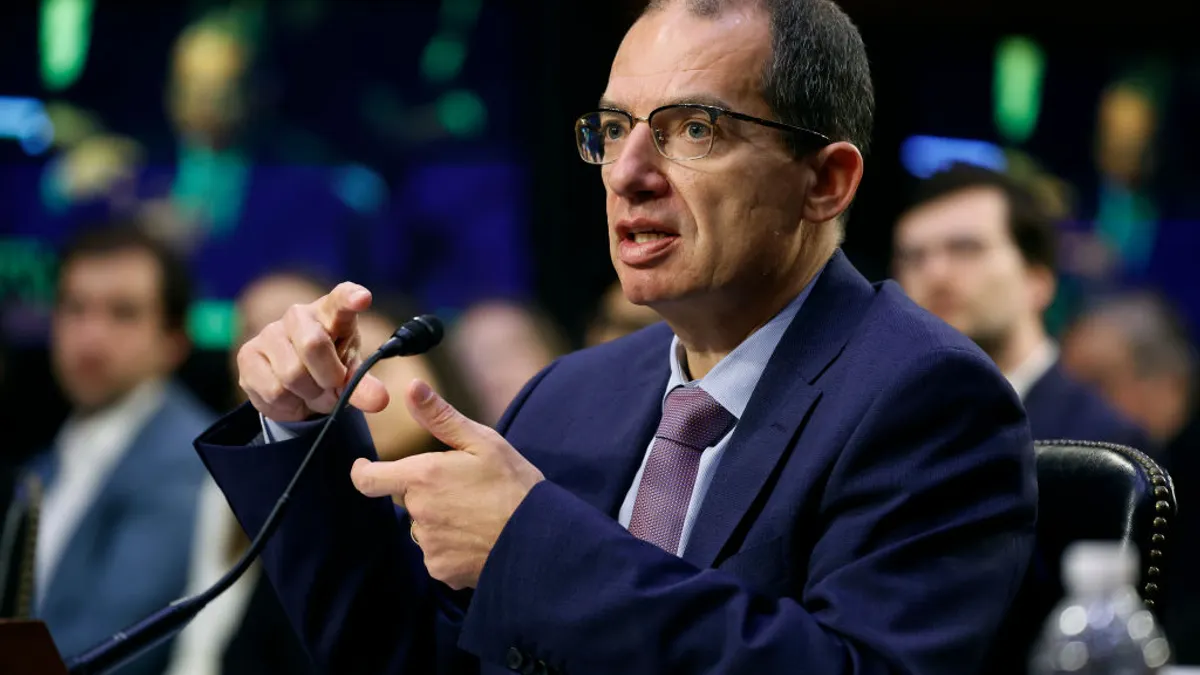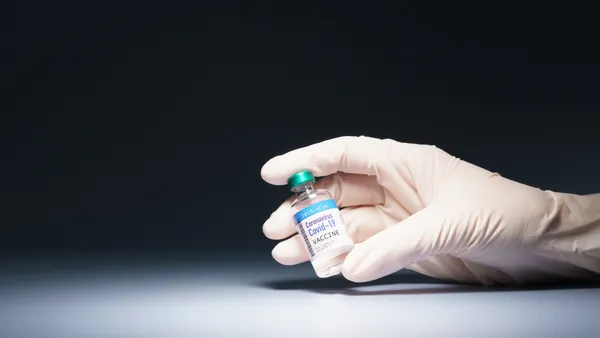Dealmaking remains a critical part of pharma’s infrastructure, even considering the uncertainty of recent years. And despite a yearslong slowdown, Big Pharma is always seeking business development opportunities to keep the wheels turning.
With external factors like looming tariffs and restrictive pricing policies on the horizon, plus a swarm of patent expirations in sight, company leaders are bolstering their pipelines in search of new drugs and a competitive advantage.
In the reporting earnings for the first half of the year, executives at the world’s biggest pharma companies are shedding light on their dealmaking strategies moving forward.
“We still have a lot to do on business development. We've been very clear. We're not stopping.”

Rob Davis
CEO, Merck & Co.
Merck & Co.’s Keytruda first patent expiration in 2028 is set to put a major dent in the company’s revenue, considering that the cancer blockbuster comprised half of all sales in 2024. But CEO Rob Davis said analysts consistently underappreciate the company’s pipeline, pointing to more recent launches like Winrevair and Capvaxive that have outperformed expectations.
Davis also made it clear that Merck is still in the market for more M&A beyond this year’s $10 billion purchase of Verona Pharma, which brought in the COPD drug Ohtuvayre. Davis called the acquisition a multibillion-dollar opportunity and signaled that he’s looking for more.
“We want to minimize the cliff, which I think we have done,” Davis said on the call. “We want to get back to growth quickly.”
“Without any significant [losses of exclusivity] this decade, we have the flexibility to invest more … to continue to acquire external innovation. And … we will absolutely do that.”
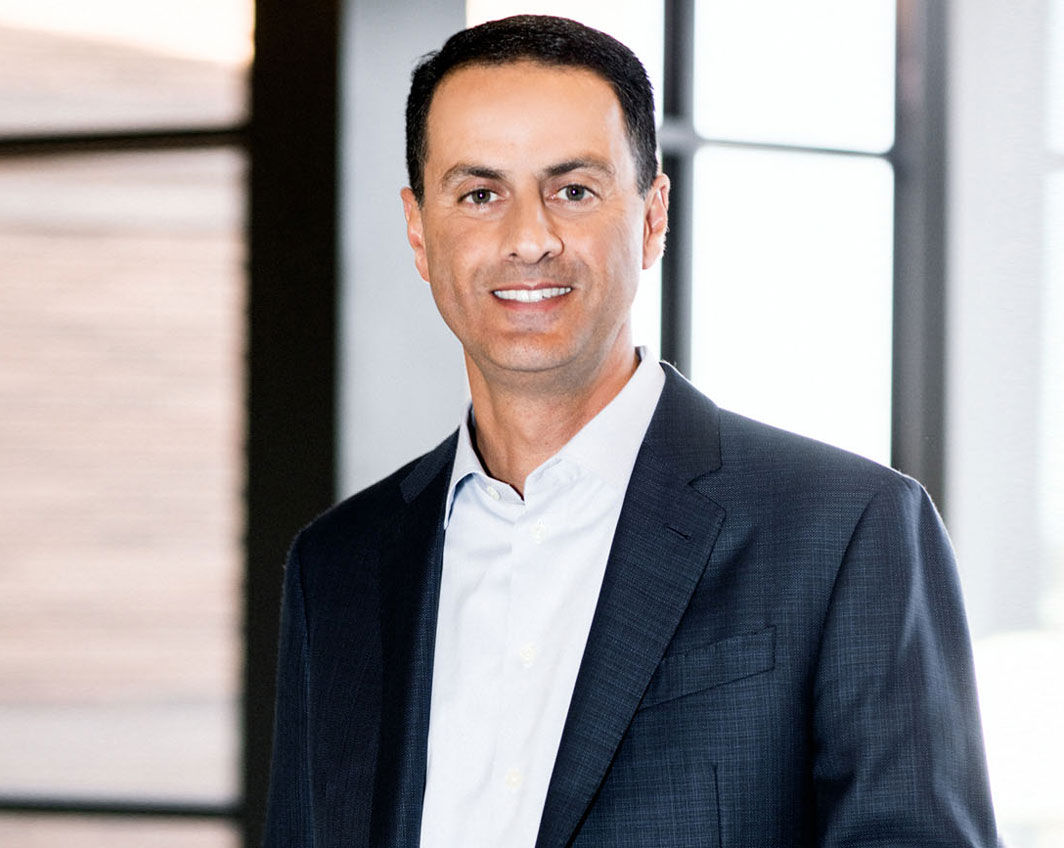
Rob Michael
CEO, AbbVie
AbbVie is in a different position than Merck insofar as the company has already tumbled down the patent cliff of its megablockbuster Humira. But the pharma giant proved it was prepared not only with two newer blockbusters in the same immunology arena — Skyrizi and Rinvoq — but enough cash to pursue other opportunities, as well.
CEO Rob Michael said on an earnings call that the company is peering well into the future, investing in early-stage programs to “drive growth for the company in the next decade and beyond.” AbbVie is rumored to be eyeing the purchase of psychedelic mental health drugmaker Gilgamesh Pharmaceuticals for about $1 billion, which would mark a step into a relatively new area for Big Pharma.
Beyond straight-up M&A, AbbVie has also delved into collaborations, including one with ADARx Pharmaceuticals to develop siRNA therapeutics in several of the pharma giant’s core areas: neuroscience, immunology and oncology.
“Our partnership with BioNTech has the potential to enhance our growth profile in the back end of the decade into the 2030s while strengthening and diversifying our oncology portfolio.”
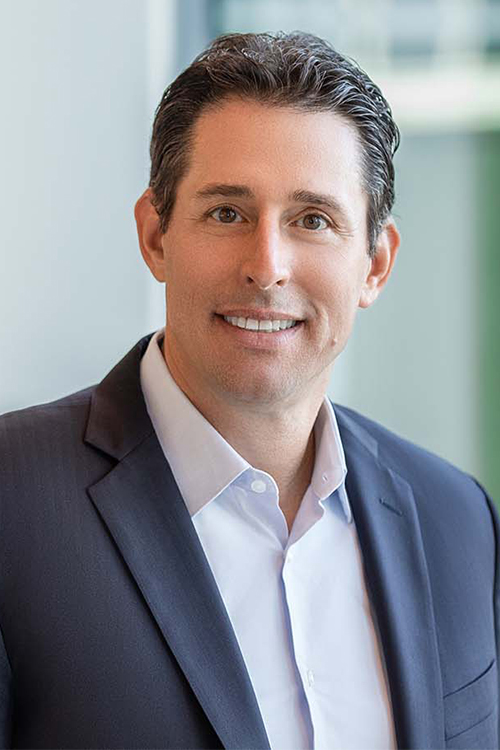
Adam Lenkowski
CCO, Bristol Myers Squibb
Bristol Myers Squibb has also taken to the dealmaking table via a partnership with pandemic-era darling BioNTech. The pharma giant learned from its oncology blockbuster Opdivo how to manage a bestselling cancer drug, and chief commercialization officer Adam Lenkowski believes the collaborative effort on the cancer vaccine BNT-321 “has the potential to become a new standard of care for many patients and could transform the current landscape as a backbone of cancer treatment.”
CEO Chris Boerner said that the company’s cash position sets it up to make business development a priority.
“If we have to do it, we have a lot of flexibility to do it. To us, it’s not our lifeline like it is for so many companies.”

Leonard Schleifer
CEO, Regeneron
Regeneron is the type of pharma that likes to forge its own path rather than invest in external innovation. And although CEO Leonard Schleifer has opened the purse strings from time to time, he often keeps his cards close to the vest.
But with key patents for the blockbuster retinal disease treatment Eylea expiring in the next few years, the company might feel pressure to play the dealmaking game a little more. On the earnings call, Schleifer said Regeneron “spends a lot of time looking at a lot of things.”
To Schleifer, traditional pharma M&A amounts to “pulling on threads” and betting on programs that might not pay off in the long run, whereas internal efforts at Regeneron are more reliable.
“We have such a productive platform in mRNA that we have an abundance of assets."
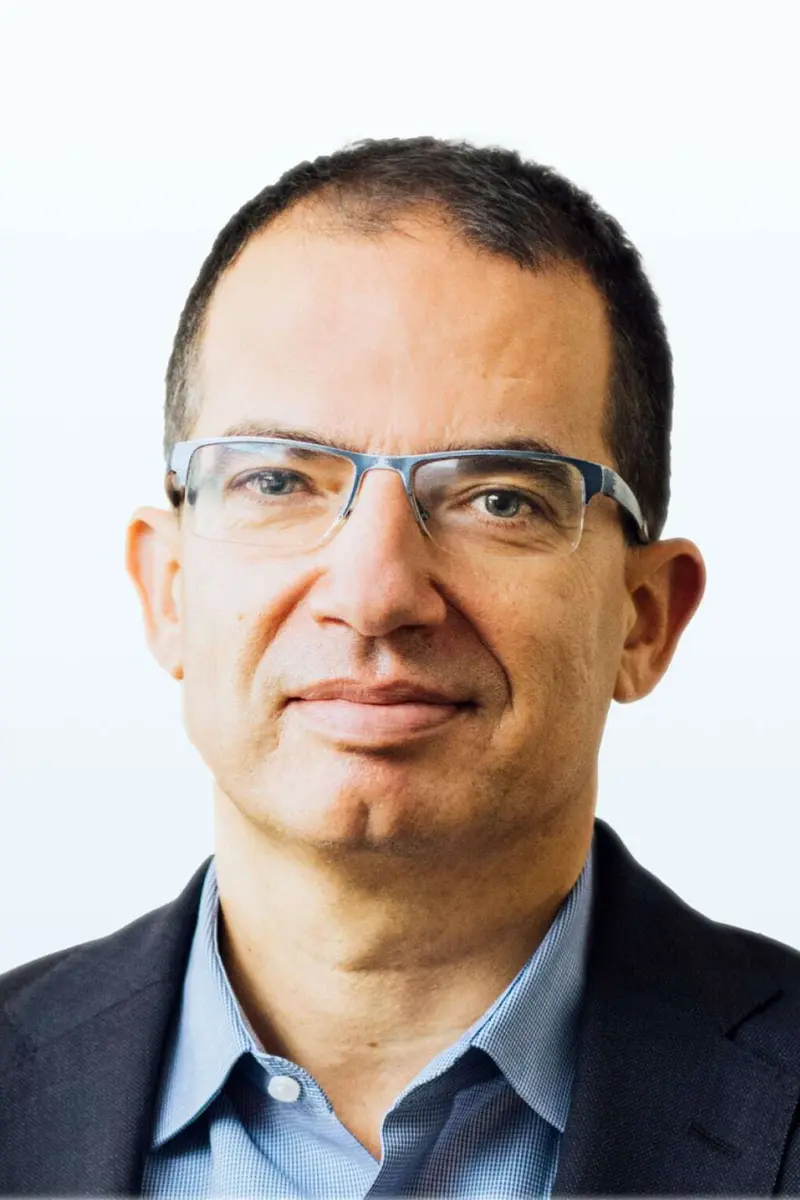
Stéphane Bancel
CEO, Moderna
Moderna is another company that would rather keep its eyes on its own paper. With a groundbreaking mRNA platform in tow, CEO Stéphane Bancel said Moderna is more likely to form partnerships with companies like Merck than seek outside innovation.
Instead of M&A, Moderna has expanded its pipeline with dozens of candidates in infectious disease and cancer. But with losses mounting on its COVID-19 vaccine, the biotech is nearing crunch time for investors. Just before the earnings call, Moderna announced layoffs amounting to 10% of its workforce.



